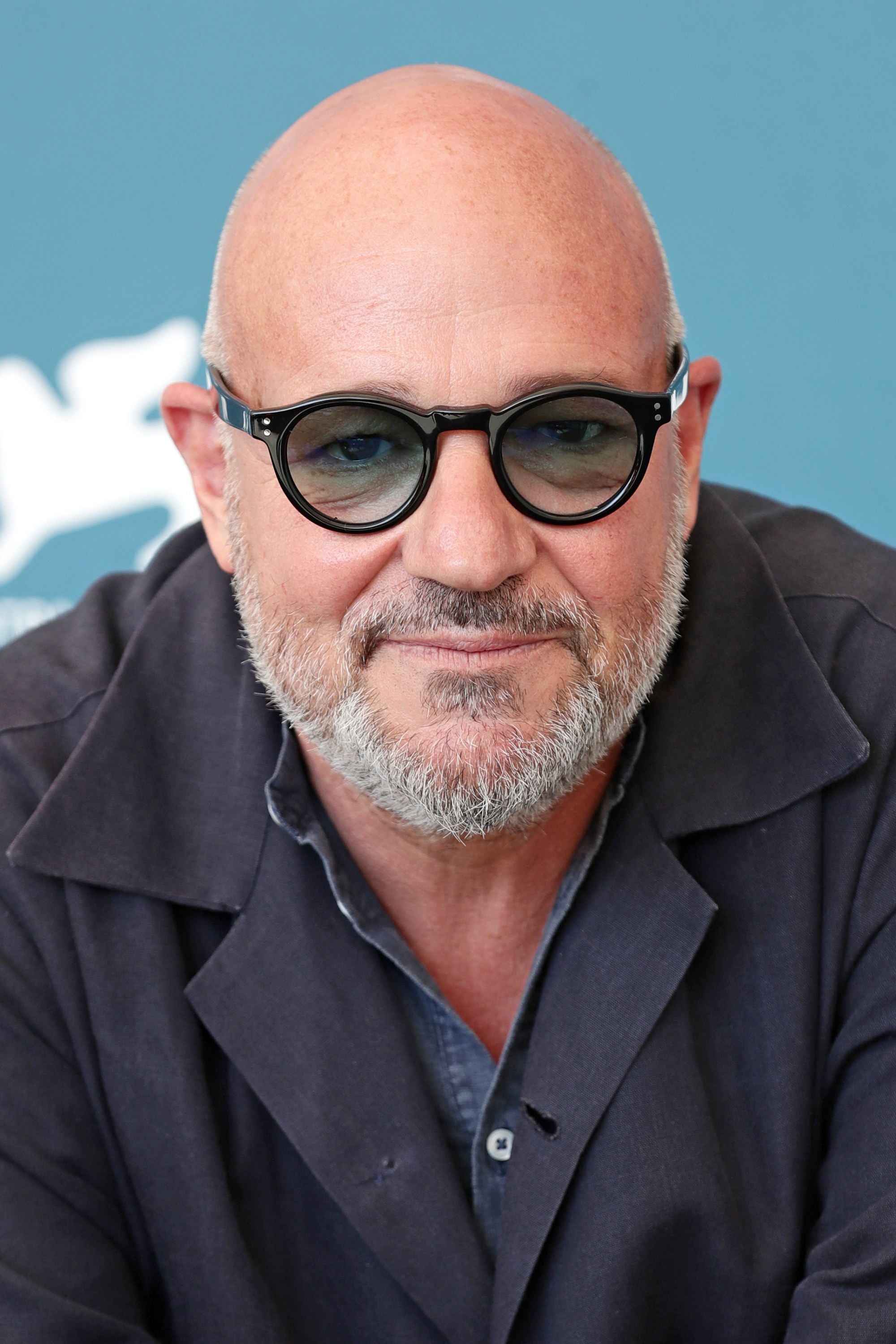
- Interviews
HFPA in Conversation: Gianfranco Rosi on People, Borders and War Zones
Italian American director Gianfranco Rosi’s most recent film Notturno was the Italian selection for the International Film Category at the Academy Awards and was shortlisted for the best documentary category. The idea for the story started to develop in 2016, when he was filming Fire at Sea, the documentary that captured life on the Sicilian island of Lampedusa during the European migrant crisis. Rosi tells HFPA journalist Silvia Bizio that the experience led him to the borders of Iraq, Kurdistan, Syria, and Lebanon. He filmed Notturno over the course of three years and met different people from areas near war zones.
“I started going through these borders, these invisible borders. There was a place where a stick was a snake and vice versa. That’s why I wanted to make my film and that’s where the big decision, not when I edited, but when I was there and said there are no borders here because those borders were completely fake borders, they were borders like born in 1816 and those borders disappeared and those borders, they were the beginning of this suffering, of this suspended world that people are living in there. And we all live in this suspended world at this moment, where we don’t know where we belong, we don’t know if tomorrow we can take a plane from New York. But those people, they live in this suspension for hundreds of years. And that for me is what the film was about, I said I wanted to limit this border.”
Rosi explains that Notturno is also about a space and a parable.
“The space is enormous and you cannot identify. It’s a space that I wish I could show you the map on that. It is about a place that denies itself constantly, and Notturno is about this place that becomes mental. The border in this film is a parable, a parable that is able to recount the betrayal of history within the dimension of human encounters because, without encounters, I was unable to do this film. So the border that divides and separates maybe gave me an opportunity of encountering people and I just let myself pull from one place to another where all these territories were canceled.”
Notturno premiered at the Venice Film Festival last September and is now streaming on Hulu.
Listen to the podcast and hear why Rosi dropped his medical studies and became a filmmaker; why he continues making documentaries; why he lost his mentor at age 58; what he learned while he was filming El Sicario, Room 164Bernardo Bertolucci told him; what he thinks is the most important part of filming a documentary and being a filmmaker; why transformation is important for a filmmaker; why he doesn’t write a plot for his films; why documentaries and fiction are in the end the same thing; why point of view and time are important for him; how his political views changed while he was filming Fire at SeaNotturno